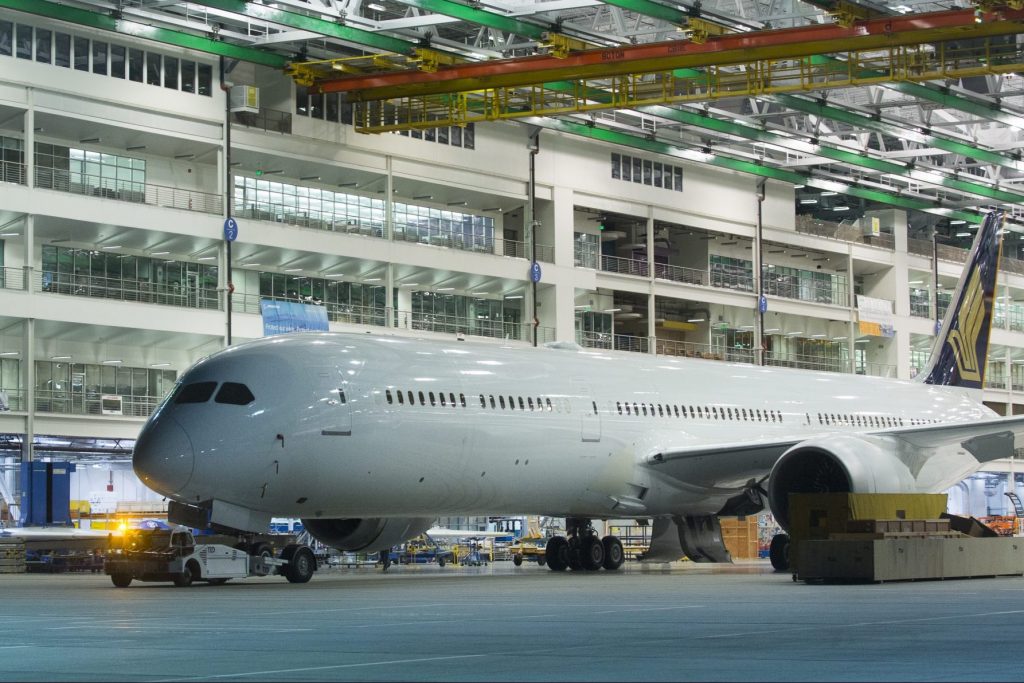Aircraft Leasing Exec Cites Frustration Over Boeing's Production Problems

Skift Take
Boeing needs to get its house in order.
That was the message from Steven Udvar-Házy, executive chairman of Air Lease Corp., who said his company has lost some $500 million in revenue because of the grounding of the Boeing 737 Max and delivery delays for 787s.
Udvar-Házy spoke with Airline Weekly Editor Madhu Unnikrishnan at the Skift Aviation Forum Wednesday on the topic, "Futureproofing the Industry for the Decade Ahead."
He called Boeing's production woes "frustrating."
It creates a dilemma for Air Lease Corp.'s customers because they can't just flip the switch and refleet with the A350 as an alternative, he said. A greater shift toward the A350 could need lead times of at least 18-24 months, he added.
Udvar-Házy said Boeing needs to resume deliveries of 787s, and it would be nice to see at least three to four per month. That would be significant progress, he said.
“it’s been very frustrating for Boeing management and for us,” Udvar-Házy said.
In addition to the delivery delays, Boeing's challenge is to develop a new aircraft that's better than the A321, he said. If it doesn't, then the A321 would further penetrate the market, making Boeing inroads even more difficult to accomplish.
But developing a new plane would take a $15 billion to $20 billion commitment from Boeing for a plane that would still have to be operational 30 years from now. But there will be so many unknowns and challenges in that time span about carbon fuels, alternative technologies and noise issues to make development of such an aircraft a formidable task.
But can Boeing develop such an aircraft that's better than the A321?
“It’s a real $15 to $20 billion question and no one has the answer,” Udvar-Házy said.
The longer Boeing waits, the more the A321 will penetrate markets and airlines, making a transition to other aircraft more difficult, he said.
Commenting on the future of the Airbus-Boeing duopoly, Udvar-Házy said he thinks inroads will be made by manufacturers in Russia and China, but mostly in their own domestic markets for now.
He said perhaps a new entrant can emerge out of Silicon Valley, for example.





